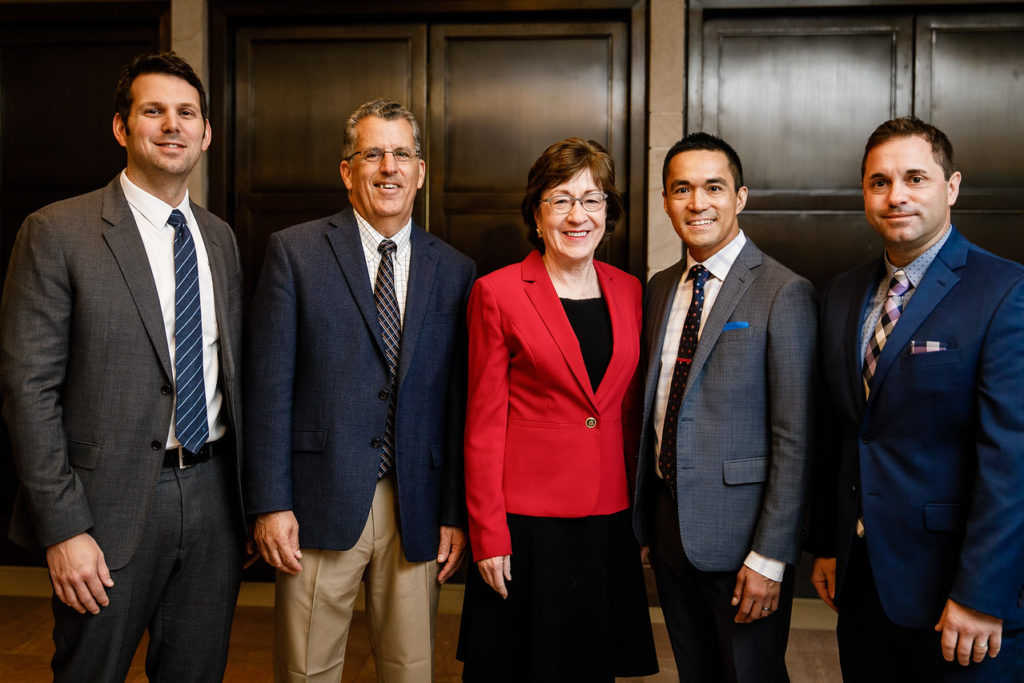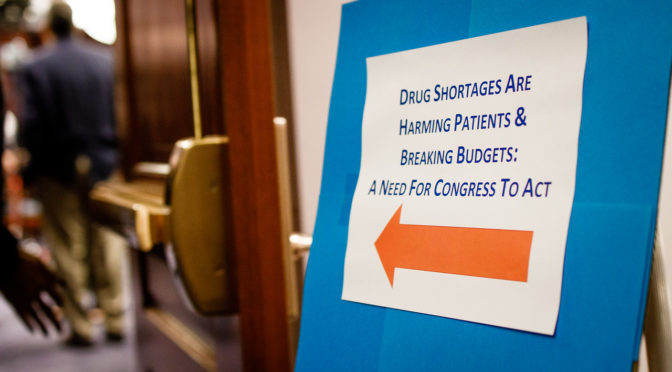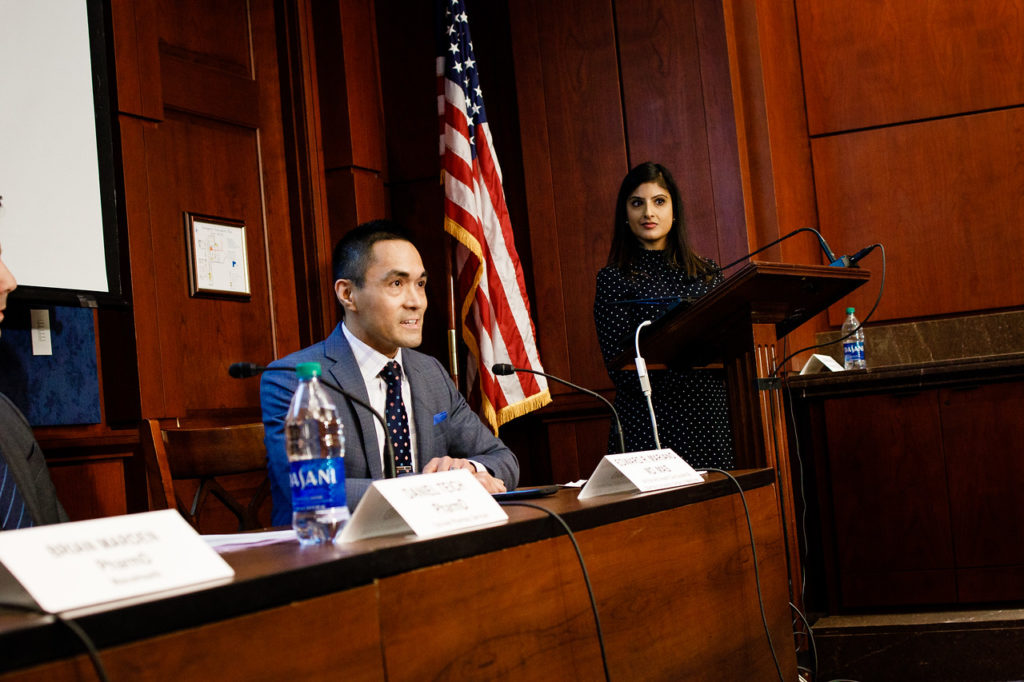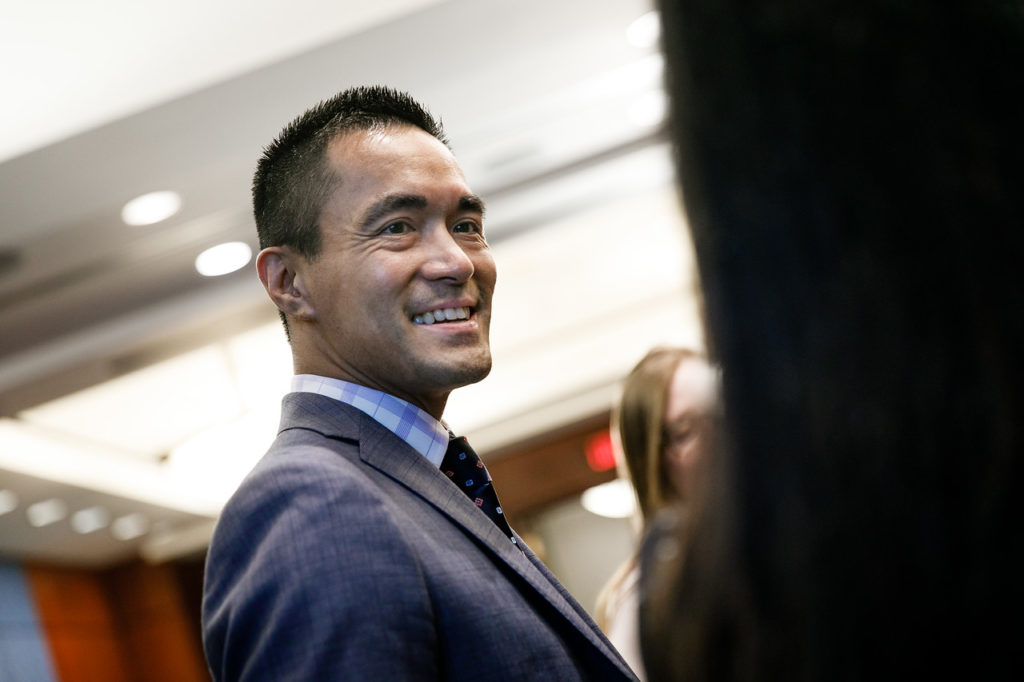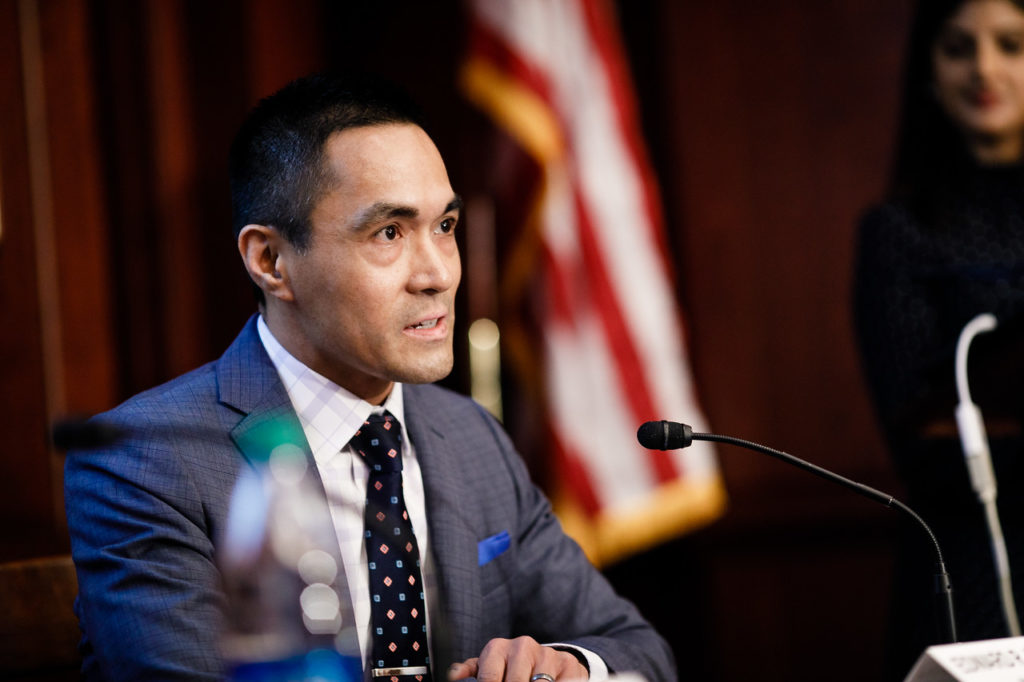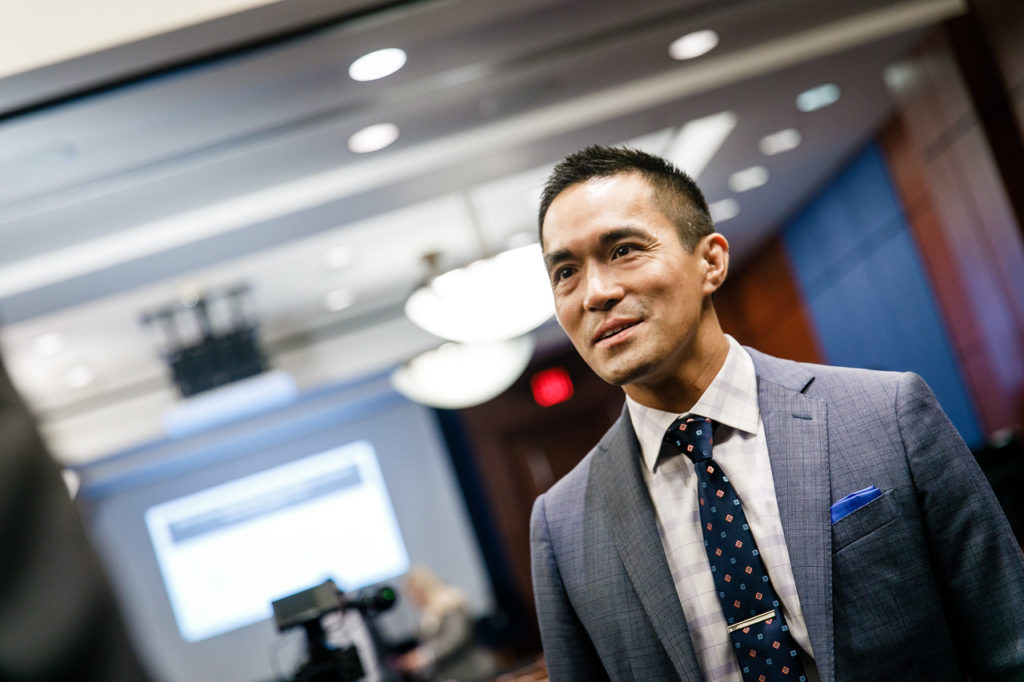UPDATE: The MEDS Act was incorporated into the Coronavirus Aid, Relief, and Economic Security (CARES) Act and passed into law on March 27, 2020. I commented on the COVID-19 pandemic’s exacerbation of ongoing drug shortages in this interview with CBS news.
On November 5, 2019, I had the opportunity to participate in a Congressional briefing related to drug shortages at the Capitol in Washington, DC. Senator Susan Collins (R-ME) opened the session and co-sponsored the Mitigating Emergency Drug Shortages (MEDS) Act with Senator Tina Smith (D-MN). I was one of only two physicians on the panel and tried to represent the voice of clinicians involved in perioperative care and the patients we care for (video). Below are the notes from my presentation.
As a physician specializing in anesthesiology, this ongoing crisis of drug shortages in the United States is frankly terrifying.
Continue reading My Trip to Washington: Speaking Out Against Drug ShortagesAnesthesiology is a unique specialty within medicine. Our patients are the most vulnerable in the hospital. Patients under general anesthesia cannot advocate for themselves and trust us with their lives.
We do not know what the next drug shortage will be or how long it will last. This week it is prefilled syringes of lidocaine, a life-saving emergency medication we give in case of a dangerous heart rhythm. Two weeks ago it was phenylephrine, a routine medication we use to increase blood pressure when it goes down after inducing anesthesia.
Last year, we had complete shortages of common injectable opioids and local anesthetics used for numbing injections. This directly affected surgical patients in terms of anesthesia and pain management. For 3 months in 2018, we did not have the local anesthetic indicated for spinal anesthesia. We know this is the safest anesthetic for patients having certain surgeries. During this shortage, we used an alternative anesthetic in order to continue providing spinal anesthesia, but our patients experienced more side effects. The reasons for this shortage were complex and involved a limited number of manufacturers and quality issues.
Thankfully, the shortage of spinal local anesthetic ended. We do not know when or if the rest of our current drug shortages will end. All we know for sure is that there will be another one.
The predictably unpredictable cycle of drug shortages puts physicians in an impossible position. Medicine is a calling, and we physicians have sworn an oath to support the well-being of our community and humanity in general.
Not having access to the right drugs at the right time for every patient and being forced to use less acceptable alternatives, if any exist at all, represents a form of moral injury. Moral injury “is being unable to provide high-quality care and healing in the context of health care” and is now recognized as a contributor to the epidemic of physician burnout.
Listen to my interview with Paul Costello on SoundCloud.
